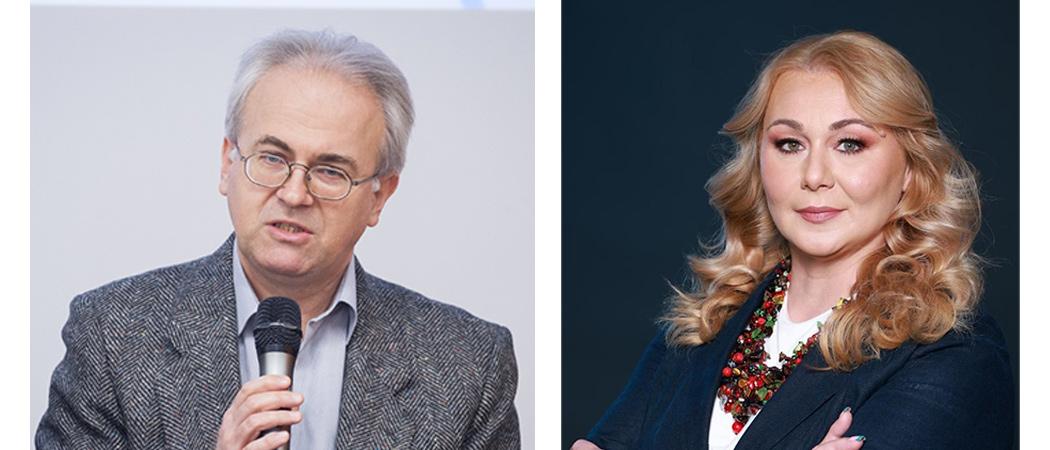Two research leaders tell Science|Business about their vision for the recovery and modernisation of Ukraine’s R&D system. This work is critical because revitalising the country as a whole will depend on shifting the economy to science-intensive, high added-value technologies

Oleksiy Kolezhuk, head of the Scientific Committee of the National Council of Ukraine on Science, Technology and Development. Olga Polotska, Executive Director of Ukraine’s National Research Foundation (NRFU).
As the war with Russia rages on, the Ukrainian research community is drafting a plan for science recovery, to feed into a national council on postwar recovery.
With this work ongoing, a wide range of ideas are being discussed, but we can express our own vision of the general principles upon which the international support for the recovery of science in Ukraine should be based.
First and foremost, we consider it vital that any equivalent of the ‘Marshall Plan’ for Ukraine includes a chapter on the recovery and modernisation of the research and innovation system, with earmarked funds if possible.
This is important to ensure the allocation of sufficient funds to the sector, otherwise there is a high probability that science will be routinely dropped from the list of priorities. We firmly believe that a successful and sustainable recovery of Ukraine directly depends on its ability to shift its economy to science-intensive, high-added value technologies.
Second, the guidelines for the allocation of the respective funds should foresee a consistent plan of systemic mid-term reforms in science governance and funding instruments. Before the war, Ukrainian science had been suffering from many issues, including poor governance, obsolete infrastructure, and a widening gap between research and innovation, while at the same time it fell under the radar of politicians and civil society.
There is a widespread feeling among Ukrainian scientists that the postwar recovery efforts are the last chance for Ukraine to reshape our R&I system, and that this window of opportunity must not be wasted.
The roadmap for such a transformation will have to be worked out by international donors in collaboration with the Ukrainian side. From our point of view, it should include not only modernising the research infrastructure, but also changing the way science is governed, funded, and evaluated.
More emphasis should be put on financial instruments that rely on competitive grant allocation and strengthen Ukraine’s integration in the international science community.
To jumpstart the interaction between science and industry, it is crucially important to coordinate the roadmap of scientific transformation with the economic drivers such as investments into high-tech development.
Emergency measures
Third, and in addition to the mid- to long-term recovery and modernisation plans, any plan of international aid to Ukraine should include emergency measures, active immediately, aimed at ensuring survival of researchers and educators during the war.
Even before the war, science in Ukraine was chronically underfunded. Now, with the enormous financial pressure of the war, budgets of research institutions are being increasingly cut. As a result, many scientists have already found their salaries halved or worse, and grant opportunities have been withdrawn.
Many researchers are facing an acute prospect of having to quit science to be able to make a living. They need emergency support now, otherwise in one or two years the “research blood” of Ukraine will be drained.
International support along this line should be designed bearing in mind that the majority of Ukrainian researchers are not able to travel during the war. It is vital that emergency support should not be limited to programmes for ‘researchers at risk’ aimed at refugee researchers. The main support should be focused on researchers who stay in Ukraine, by giving them research stipends, allowing them to work remotely on existing and upcoming projects, and providing access to high-performance computers and scientific databases.
Oleksiy Kolezhuk is the head of the Scientific Committee of the National Council of Ukraine on Science, Technology and Development. Olga Polotska is Executive Director of Ukraine’s National Research Foundation (NRFU).





 A unique international forum for public research organisations and companies to connect their external engagement with strategic interests around their R&D system.
A unique international forum for public research organisations and companies to connect their external engagement with strategic interests around their R&D system.